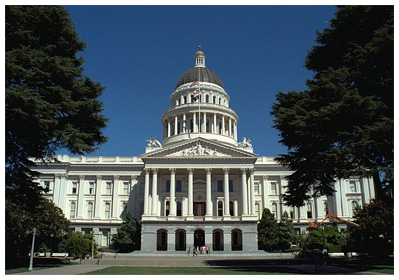 Governor Jerry Brown recently signed two new bills into law that will address the misclassification and wage theft issues in a much stronger fashion. According to an Advisory received by Construction Citizen and issued by the law firm of Epstein, Becker, Green, the two bills are:
Governor Jerry Brown recently signed two new bills into law that will address the misclassification and wage theft issues in a much stronger fashion. According to an Advisory received by Construction Citizen and issued by the law firm of Epstein, Becker, Green, the two bills are:
“SB 459 directly impacts employers that classify workers as independent contractors.” This bill imposes steep civil penalties ranging from $5,000 – $25,000 per incident with the upper levels reserved for those firms that exhibit a pattern of violations. Additionally the penalties include the posting on the company’s website of a statement saying that they have been found guilty of a “serious violation of the law”. These and other penalties are included in this law designed to better control the use of the 1099 or independent contractor as a way to avoid paying workers as employees and thereby avoiding the state and federal taxes, overtime and benefits normally paid by responsible contractors in the state.
The second is “AB 469, also known as the Wage Theft Prevention Act of 2011 (WTPA).” One of the requirements of AB 469 is that “as of January 1, 2012, certain employers must provide each new non-exempt employee with a written notice at the time of hiring, in the language that the employer normally uses to communicate employment-related information, which contains the following:
- The employee’s pay rate or pay rates, and basis thereof, whether paid by the hour, shift, day, week, salary, piece, commission, or otherwise, including any overtime rates, as applicable;
- Allowances included as part of the minimum wage calculation, including meal or lodging allowances;
- The employer’s regular payday;
- The employer’s name, including any “doing business as” names;
- The employer’s physical address of its main office or principal place of business, and a mailing address, if different;
- The employer’s telephone number;
- The name, address, and the telephone number of the employer’s workers’ compensation insurance carrier; and
- Any other information the California Labor Commissioner deems material and necessary.”
Both of these laws were designed to further protect the workers from payroll theft and abuse on the jobsite.



Add new comment